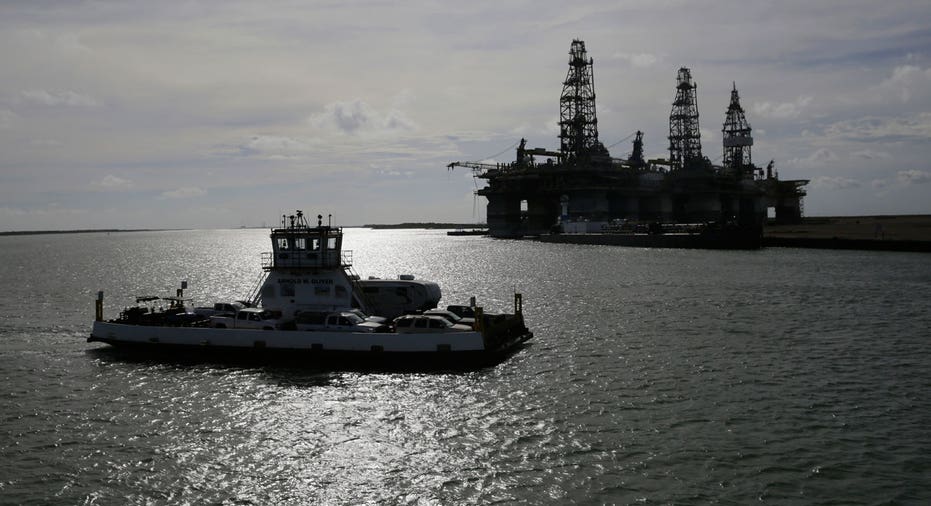Oil mixed amidst Irma demand fears, Saudi cut extension talks

Oil prices were mixed on Monday, with Hurricane Irma's continued pounding Florida raising demand fears, while U.S. refinery restarts and Saudi cut extension talks gave upward pressure.
Brent crude oil futures were down 13 cents, or 0.2 percent, at $53.65 a barrel at 12:17 p.m. (1617 GMT) while U.S. West Texas Intermediate crude rose by 59 cents, or over 1 percent, to $48.07.
Hurricane Irma knocked out power to nearly 5.8 million Florida homes and businesses on Sunday after millions were told to evacuate ahead of the storm.
Irma hit Florida on Sunday morning as a dangerous Category 4 hurricane. It gradually lost strength and weakened to a tropical storm by Monday morning as it headed towards Georgia.
Harvey struck the U.S. oil hub of Texas two weeks ago, knocking out a quarter of the nation's refineries.
Now many refineries are restarting, including the largest U.S. refinery. On Monday, Motiva Enterprises restored the 325,000 barrel per day (bpd) VPS-5 crude distillation unit at its Port Arthur, Texas, refinery to minimum production levels sources said.
But the oversupply of U.S. crude persists, causing a recent widening in the WTI/Brent spread, said James Williams, president of energy consultant WTRG Economics.
"We’re waiting for our refineries to all get going," he said, "On the east coast we don’t have enough gasoline so we have to import more product from Europe, which adds a boost to Brent."
The Brent/WTI spread has narrowed on Monday, however, dropping by 69 cents to minus $5.09 by 12:24 p.m. ET (1624 GMT).
The two hurricanes are expected to inflict a "bearish shock" on oil balances in September, denting global demand by 900,000 bpd and supply by about 300,000 bpd, Goldman said.
The longer-term focus, however, was on a possible extension to the 15-month production pact between members of the Organization of the Petroleum Exporting Countries and non-OPEC producers including Russia.
Saudi Arabia's Energy Minister Khalid al-Falih met his Venezuelan and Kazakh counterparts at the weekend to discuss an extension of a deal to cut production by about 1.8 million bpd until March 2018 by at least three months, the Saudi energy ministry said.
On Monday, Falih and his United Arab Emirates counterpart also agreed to consider an extension beyond March.
The deal aims to curb a glut that has weighed on crude prices for more than three years.
The deal agreed late last year helped to keep prices as high as $58 a barrel in January, but they have since sagged as global stocks have not fallen as quickly as expected.
China has begun studying when to ban the production and sale of cars using traditional fuels, the official Xinhua news agency reported, citing comments by the vice industry minister, who predicted "turbulent times" for automakers forced to adapt.
(The story corrects paragraph 9 to show the spread between Brent and U.S. futures was narrowing on Monday, not widening)
(Additional reporting by Ron Bousso and Fanny Potkin in London, Osamu Tsukimori in London; Editing by Dale Hudson and Marguerita Choy)



















